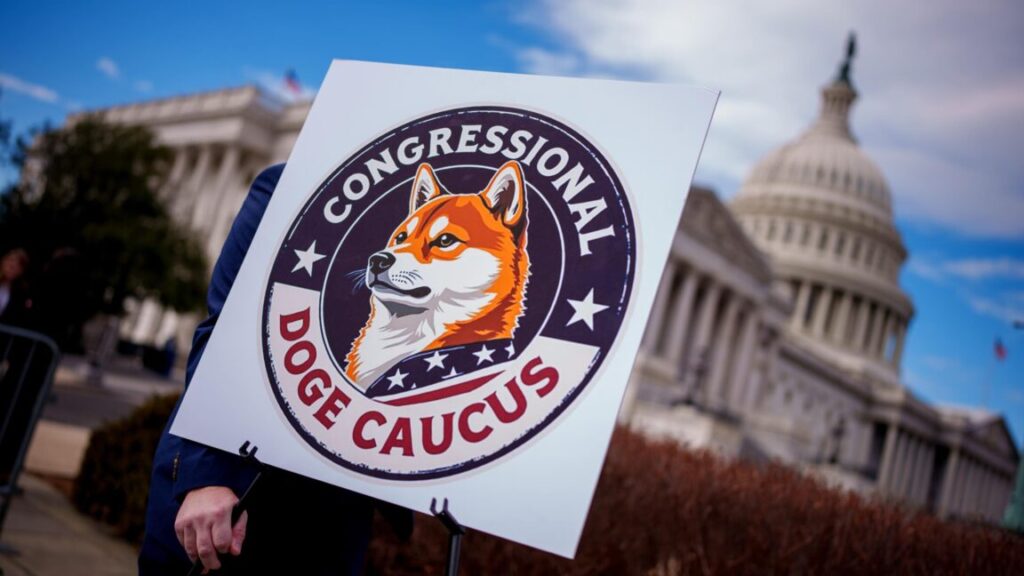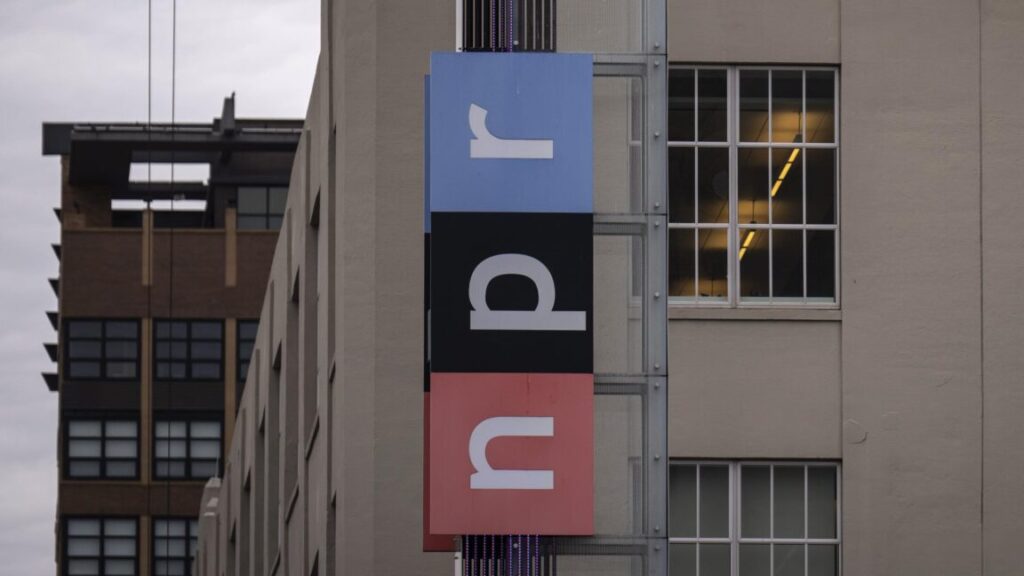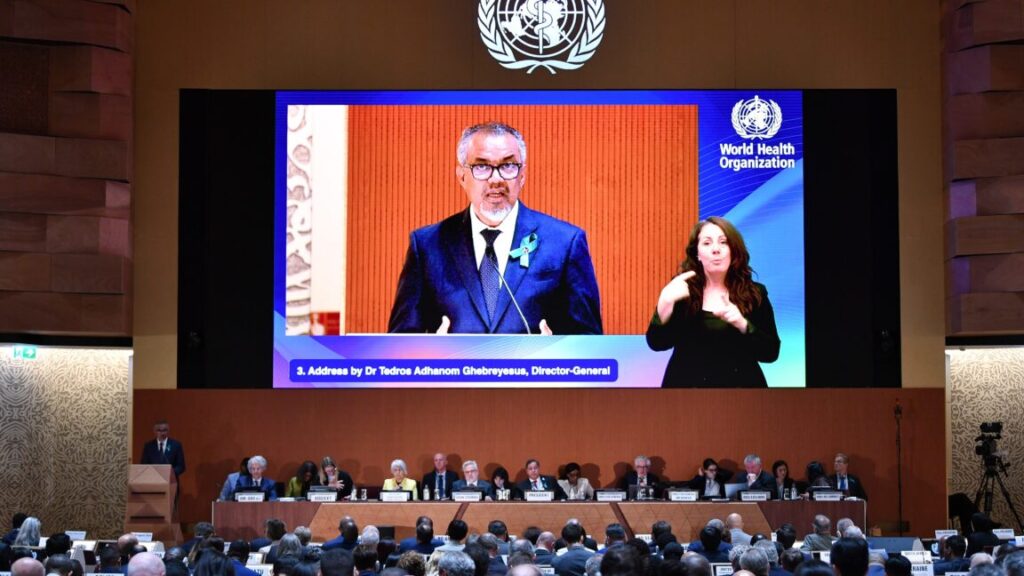Elon Musk counts the cost of his four-month blitz through US government
Term at DOGE did serious damage to his brands, only achieved a fraction of hoped-for savings.
Elon Musk wields a chainsaw at the Conservative Political Action Conference in February to illustrate his aim to cut government waste Credit: Jose Luis Magana/AP
Elon Musk’s four-month blitz through the US government briefly made him Washington’s most powerful businessman since the Gilded Age. But it has done little for his reputation or that of his companies.
Musk this week formally abandoned his role as the head of the so-called Department of Government Efficiency (Doge), which has failed to find even a fraction of the $2 trillion in savings he originally pledged.
On Thursday, Donald Trump lamented his departure but said Musk “will always be with us, helping all the way.”
Yet the billionaire will be left calculating the cost of his involvement with Trump and the meagre return on his $250 million investment in the US president’s election campaign.
“I appreciate the fact that Mr Musk put what was good for the country ahead of what was good for his own bottom line,” Tom Cole, the Republican chair of the House Appropriations Committee, told the Financial Times.
After Doge was announced, a majority of American voters believed Musk would use the body to “enrich himself and undermine his business rivals,” according to a survey, instead of streamlining the government.
Progressive groups warned that he would be “rigging federal procurement for billionaires and their pals” and cut regulations that govern his companies Tesla and SpaceX. Democratic lawmakers said Doge was a “cover-up” of a more sinister, self-serving exercise by the world’s richest person.
Early moves by the Trump administration suggested Musk might get value for money. A lawsuit brought by the Biden administration against SpaceX over its hiring practices was dropped in February, and regulators probing his brain-implant company Neuralink were dismissed.
Musk’s satellite Internet business Starlink was touted by Commerce Secretary Howard Lutnick as a potential beneficiary of a $42 billion rural broadband scheme. An executive order calling for the establishment of a multibillion-dollar Iron Dome defense system in the US looked set to benefit Musk, due to SpaceX’s dominance in rocket launches.
The gutting of various watchdogs across government also benefited Musk’s businesses, while a number of large US companies rushed to ink deals with Starlink or increase their advertising spending on X. Starlink also signed agreements to operate in India, Pakistan, and Vietnam, among other countries it has long wished to expand into.
But while Doge took a scythe to various causes loathed by Musk, most notably international aid spending and government contracts purportedly linked to diversity initiatives or “woke” research, it also caused severe blowback to the billionaire’s businesses, particularly Tesla.
At one point during his Doge tenure, Tesla’s stock had fallen 45 percent from its highest point last year, and reports emerged that the company’s board of directors had sought to replace Musk as chief executive. The 53-year-old’s personal wealth dropped by tens of billions of dollars, while his dealerships were torched and death threats poured in.
Some of the brand damage to Tesla, until recently Musk’s primary source of wealth, could be permanent. “Eighty percent of Teslas in the US were sold in blue zip codes,” a former senior employee said. “Obviously that constituency has been deeply offended.”
Starlink lost lucrative contracts in Canada and Mexico due to Musk’s political activities, while X lost 11 million users in Europe alone.
Probes of Tesla and SpaceX by government regulators also continued apace, while the Trump administration pressed ahead with plans to abolish tax credits for electric vehicles and waged a trade war vehemently opposed by Musk that threatened to further damage car sales.
In the political arena, few people were cheered by Doge’s work. Democrats were outraged by the gutting of foreign aid and by Musk’s 20-something acolytes gaining access to the Treasury’s payment system, along with the ousting of thousands of federal workers. Republicans looked askance at attempts to target defense spending. And true budget hawks were bitter that Musk could only cut a few billion dollars. Bill Gates even accused Musk of “killing the world’s poorest children” through his actions at Doge.
Musk, so used to getting his way at his businesses, struggled for control. At various points in his tenure he took on Treasury Secretary Scott Bessent, Secretary of State Marco Rubio, Transport Secretary Sean Duffy, and trade tsar Peter Navarro, while clashing with several other senior officials.
Far from being laser-focused on eliminating waste, Musk’s foray into government was a “revenge tour” against a bureaucracy the billionaire had come to see as the enemy of innovation, a former senior colleague of Musk’s said, highlighting the entrepreneur’s frustration with COVID-19 regulations in California, his perceived snub by the Biden administration, and his anger over his daughter’s gender transition.
Trump’s AI and crypto tsar, David Sacks, an influential political voice in the tech world, “whipped [Musk] up into a very, very far-right kind of mindset,” the person added, to the extent that was “going to help this administration in crushing the ‘woke’ agenda.”
Neither Musk nor Sacks responded to requests for comment.
Musk, who claimed Doge only acted in an “advisory role,” this week expressed frustration at it being used as a “whipping boy” for unpopular cuts decided by the White House and cabinet secretaries.
“Trump, I think, was very savvy and allowed Doge to kind of take all those headlines for a traditional political scapegoat,” said Sahil Lavingia, head of a commerce start-up who worked for Doge until earlier this month. Musk, he added, might also have been keen to take credit for the gutting of USAID and other moves but ultimately garnered unwanted attention.
“If you were truly evil, [you] would just be more quiet,” said Lavingia, who joined the initiative in order to streamline processes within government. “You would do the evil stuff quietly.”
The noise surrounding Musk, whose ability to dominate news cycles with a single post on his social media site X rivaled Trump’s own hold on the headlines, also frustrated the administration.
This week, White House Deputy Chief of Staff Stephen Miller took to X to indirectly rebut the billionaire’s criticism of Trump’s signature tax bill, which he had lambasted for failing to cut the deficit or codify Doge’s cuts.
Once almost synonymous with Musk, Doge is now being melded into the rest of government. In a briefing on Thursday, White House Press Secretary Karoline Leavitt said that following Musk’s departure, cabinet secretaries would “continue to work with the respective Doge employees who have onboarded as political appointees at all of these agencies.”
She added: “The Doge leaders are each and every member of the President’s Cabinet and the President himself.”
Doge’s aims have also become decidedly more quotidian. Tom Krause, a Musk ally who joined Doge and was installed at Treasury, briefed congressional staff this week on improvements to the IRS’s application program interfaces and customer service, according to a person familiar with the matter. Other Doge staffers are doing audits of IT contracts—work Lavingia compares with that done by McKinsey consultants.
Freed from the constraints of being a government employee, Musk is increasingly threatening to become a thorn in Trump’s side.
Soon after his Doge departure was announced, he again criticized the White House, this time over its plan to cancel clean energy tax credits.
“Teddy Roosevelt had that great adage: ‘speak softly but carry a big stick’,” Fred Thiel, the chief executive of Bitcoin mining company MARA Holdings, told the FT. “Maybe Elon’s approach was a little bit different.”
© 2025 The Financial Times Ltd. All rights reserved. Not to be redistributed, copied, or modified in any way.
Elon Musk counts the cost of his four-month blitz through US government Read More »













